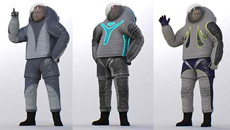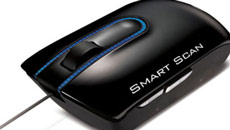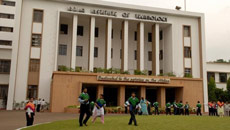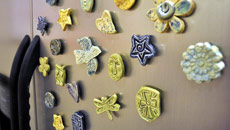Don't get upset if birds mess up your courtyard or your home garden with their dropppings. These winged creatures may actually be helping to protect you and your family from dengue and other mosquito-borne diseases.
Researchers at the Vector Control Research Centre (VCRC) in Pondicherry have discovered that bird droppings contain certain bacteria that kill mosquitoes. They say they are now working to develop a formulation based on bird droppings for mosquito control.
"Mosquitocidal bacteria are environmental friendly alternatives to chemical insecticides," says their report published in the Indian Journal of Experimental Biology. "Therefore, there have been efforts worldwide to identify such bacteria from the natural environment," the report says.
Because wild birds consume food from a variety of environmental sources like soil, water, fruits and decaying animals, VCRC scientists decided to look for potential mosquito killing bacteria in the bird droppings.
And they did not have to go too far to get the stuff. According to their report, they collected droppings from 1,000 different locations in the tree garden in the institute's own premises. The samples were then carefully screened in the laboratory for potential bacterial isolates of all the three species of mosquitoes that cause dengue, filariasis and malaria.
The report says that toxicity screening of all isolates out of the 1,000 samples identified 12 bacterial strains as mosquitocidal. Further analysis of their gene sequence showed these isolates belonged to "Bacillus" species - B.Sphaericus, B.thuringiensis and B.cereus.
All the isolated strains with mosquito killing ability have been identified as new and their gene sequences have been submitted to the National Center for Biotechnology Information, which is part of the United States National Library of Medicine in Washington, the report says.
"The study is exceptionally useful in the assessment of microbial diversity from bird excreta in addition to assessing the effect of microbial organisms to control mosquito vectors causing vector borne diseases," the report says, adding: "Studies are in progress to evaluate the formulated product of these new bacterial isolates in field conditions to examine their efficacy."





